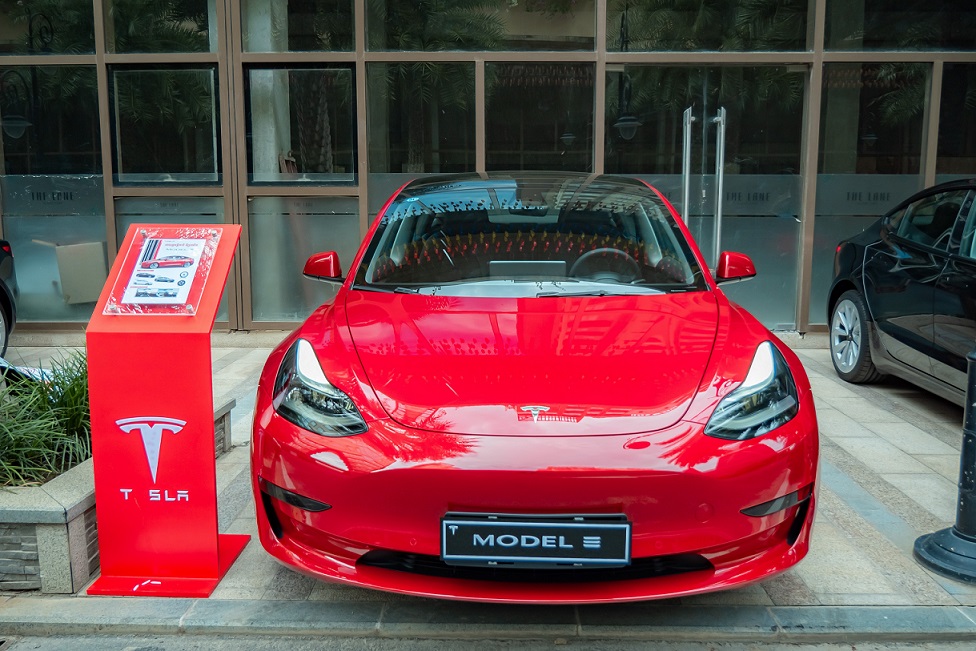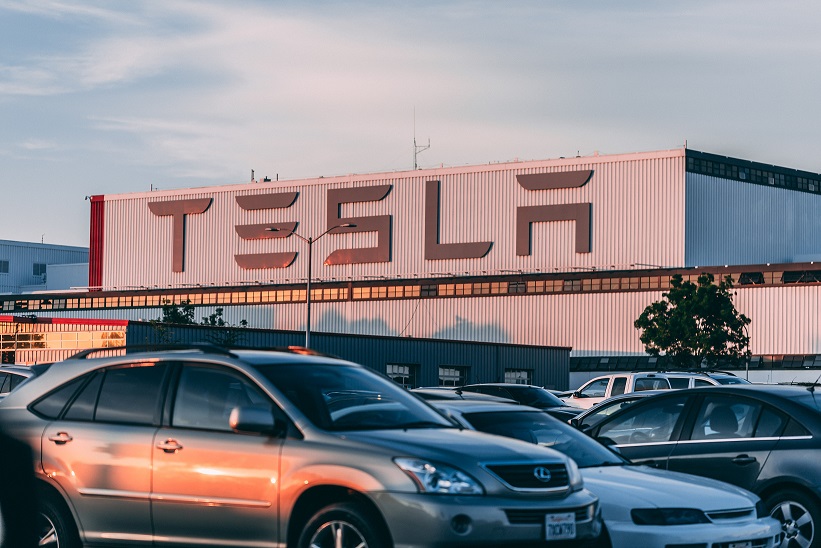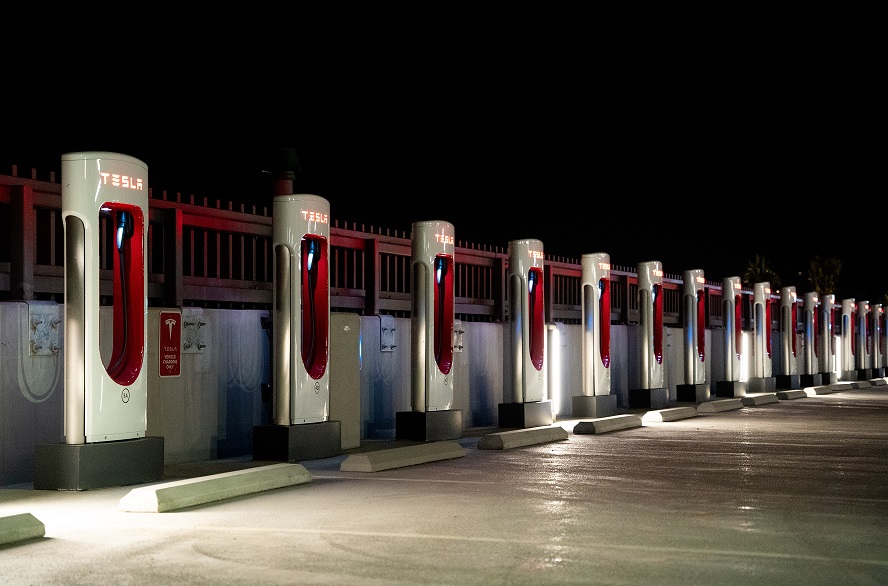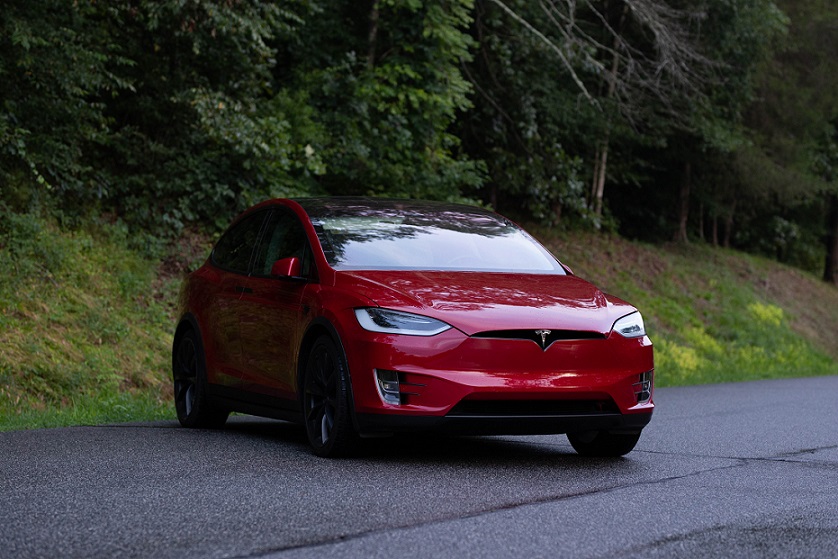
The cornerstone of Tesla’s technology in their electric vehicle (EV) technology. Tesla’s electric vehicles run on rechargeable lithium-ion batteries, which are significantly more efficient than traditional combustion engines. This technology has led to a dramatic reduction in greenhouse gas emissions and has the potential to significantly reduce our dependence on fossil fuels.
Tesla is a company that has revolutionized the automotive industry by creating electric vehicles with cutting-edge technology. Founded by Elon Musk in 2003, Tesla has become a household name for innovation, innovation, and technology.

Tesla’s EVs are equipped with advanced software that allows the vehicle to optimize its performance and energy usage. This software includes a feature called Autopilot, which is a semi-autonomous driving system that can control the vehicle’s speed, steering, and braking. The system uses a variety of sensors, cameras, and radars to detect obstacles and other vehicles on the road, making driving safer and more efficient.
Another key aspect of Tesla’s technology is their charging infrastructure. Tesla has created a network of charging stations across the world, allowing Tesla owners to easily charge their vehicles while on long trips. The Supercharger network is capable of delivering up to 250 kW of power, allowing a Tesla to charge from 0% to 80% in just 30 minutes. This network of chargers has significantly reduced the range anxiety that many people associate with electric vehicles.
Tesla’s technology has also extended to the energy industry. Tesla has created a line of energy products, including solar panels, energy storage systems, and a home charging system. The energy storage systems, called Powerwalls, allow homeowners to store excess energy generated from their solar panels and use it during peak hours when energy prices are higher. This system can save homeowners a significant amount of money on their energy bills.

Finally, Tesla’s technology extends to their manufacturing processes. The company has implemented advanced robotics and automation into their manufacturing processes, allowing them to produce high-quality vehicles at a faster rate than traditional manufacturing methods. This has allowed Tesla to scale up production and meet the growing demand for their vehicles.
In conclusion, Tesla’s technology has significantly impacted the automotive and energy industries. Their electric vehicle technology, charging infrastructure, energy products, and manufacturing processes have all contributed to a more sustainable future. As the world shifts towards renewable energy, Tesla’s technology is playing a vital role in this transition.

